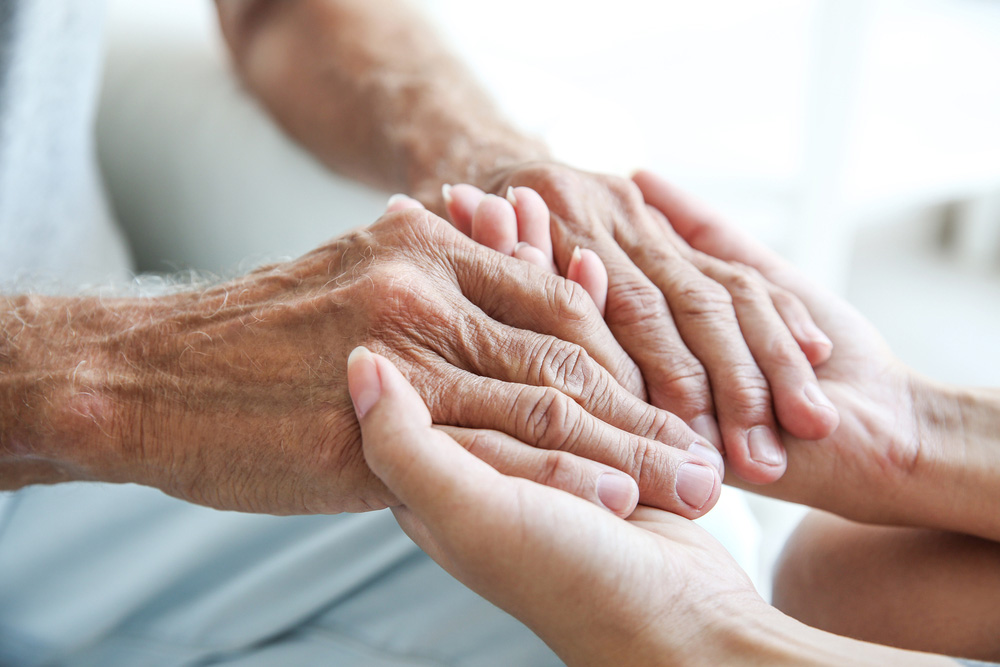Overwhelming is the only way to describe the daily dose of tragic stories about vulnerable elders dying in mostly for-profit, long-term care facilities, such as the one in Washington state where our regional COVID outbreak began two months ago.
But this should not be a surprise. The for-profit nursing home business has been in trouble for years.
In February, B.C. Seniors Advocate Isobel Mackenzie tabled a report documenting many of the shortcomings of the for-profit care sector, such as higher administration costs and 207,000 funded but undelivered care hours. This is in contrast to a non-profit sector that actually spent more per resident than it was funded for on delivering direct care and service delivery.
While the for-profit system has clearly failed, the non-profit system has its own problems. Residents of such facilities can have their own concerns with, for example, the dilapidated state of physical facilities, overcrowding and lack of cleanliness, and the challenge of raising complaints within a big bureaucracy.
As writer Nora Loreto has documented on her Twitter account, several facilities with a high number of deaths are non-profit or government-operated nursing homes.
There is an alternative to our current health care and seniors care delivery models however: the co-operative model. The co-op model, in particular a type used in Quebec called the “solidarity co-op” or multi-stakeholder co-operative, would empower seniors and workers by giving them a direct say in everything from design and organization of a facility to the day-to-day operations to the negotiations with funders to budgets.
During our years of practice with residents and families, we’ve noticed a limited understanding of the ownership and governance structure of our “public” health-care system, in part because a common thread in our system is that the patient is rarely at the centre of care. While for-profit facilities put profit before people, in our non-profit health-care system, such as hospitals and community clinics, the priority has been policies and procedures designed to keep costs down and keep patients moving as quickly as possible through the system. Patients in the non-profit system have little meaningful recourse when faced with health-care bureaucracy.
The “innovations” and reform in our seniors care models introduced in B.C. and other jurisdictions over the past 30 years have been designed not to solve the question of how to better care for an aging population, but rather how to save money for governments determined to cut taxes, quietly commodify seniors care and create investment opportunities in the lucrative health-care sector.
The horrific consequences of these changes are now evident. And while we can see the obvious problems of low-paid staff forced to work in multiple sites carrying a hidden virus from facility to facility and owners failing to provide proper personal protective equipment, in some important ways the real problem at the core of the crisis is the lack of agency for seniors in their own homes.
We will have learned nothing if we don’t introduce new and truly innovative models that put residents, families and workers at the centre of governance. Put the people who know best and have direct experience in seniors care, in charge of seniors care.
As social entrepreneurs and activists in the local food movement, housing and energy co-ops and credit unions, we hope to work with the Sunshine Coast community to stop a proposed for-profit long-term care facility and replace it with a co-operative model. To be clear: we support any alternative to the private model.
The proposed Trellis Seniors Services Ltd. project on the Sunshine Coast originates with Mary and Dan McDougall of North Vancouver. Mary McDougall has been a player in B.C.’s for-profit senior care industry going back to the early 2000s.
During the Christy Clark BC Liberal government, Trellis signed a contract with Vancouver Coastal Health to build three facilities in Richmond, North Vancouver and the Sunshine Coast.
The project on the Sunshine Coast has been delayed many times. The proposal has moved back and forth from Sechelt, to Gibsons, to the Shishalh Nation lands and most recently back to Sechelt. Many in the community, including an organized residents’ group, are questioning whether it’s the best option.
We share their concerns and are among those proposing an alternative approach. A new multi-stakeholder co-operative model of long-term care and assisted living on the Sunshine Coast would give what John Restakis called, in a groundbreaking 2008 report on co-operative seniors care, “control rights” — rights that would “offer some assurance that other interests will not override the interests of those receiving care.”
Co-operative seniors care offers a more humane approach to aging — organized, human-scale care driven principally by obligations to the seniors themselves, families, workers and communities rather than remote bureaucratic priorities or profit motives. The problem lies not in the individuals involved, but rather, as Michel Foucault argued in Madness and Civilization, with the systems we have created.
A multi-stakeholder co-operative model of long-term care and assisted living would require a creative process of crafting a negotiated, democratic structure consisting of classes of membership reflecting the diversity of community and the organization:
- Resident/family
- Workers
- Funders (local health authority)
- Indigenous community (Shishalh Nation)
- Community partners (for example, housing agencies, foundations)
The co-operative model includes for-profit businesses such as Mountain Equipment Co-op and credit unions designed to share profits with their “owners” — the consumers who use the business — as well as not-for-profit co-operatives designed to reinvest any surplus back into the organization. The multi-stakeholder, long-term co-operative care model would see all funds, whether from government, fees, fundraising or other revenue sources invested in maximizing the quality of care delivered to the residents in a transparent and accountable process of participatory budgeting.
Putting profit before people in elder care was bound to end badly, but so was putting neoliberal bureaucracy before people a recipe for disaster. A disaster that has potentially crippled our economy and created a permanent state of grief.
The co-operative model holds out the promise of bringing us all together. On the Sunshine Coast, that means everyone from the settler community to Indigenous peoples who have not had real control over their health care since the advent of colonialism to the workers who have historically been exploited in the private sector model of long-term care but also disempowered and marginalized in the public sector model.
In the normal process of “contracting” for services — a process often shrouded in the secrecy of legal contracts, request-for-proposals and bidding — patients, residents, families and workers are always left out of the picture. The multi-stakeholder co-op model brings the most important players — the recipients of care as well as the care providers like personal support workers and nurses — to the table, to the core of the process. The multi-stakeholder co-op is at once liberating, empowering, innovative and a game-changer.
If we are to learn anything from the tragedy of COVID-19, it must be that we need a new model that is human-centred and empowers patients, families, workers and communities in ways that ensure we never again see systems designed around any priority other than the well-being of seniors. ![]()
Read more: Health, Coronavirus

















Tyee Commenting Guidelines
Comments that violate guidelines risk being deleted, and violations may result in a temporary or permanent user ban. Maintain the spirit of good conversation to stay in the discussion.
*Please note The Tyee is not a forum for spreading misinformation about COVID-19, denying its existence or minimizing its risk to public health.
Do:
Do not: